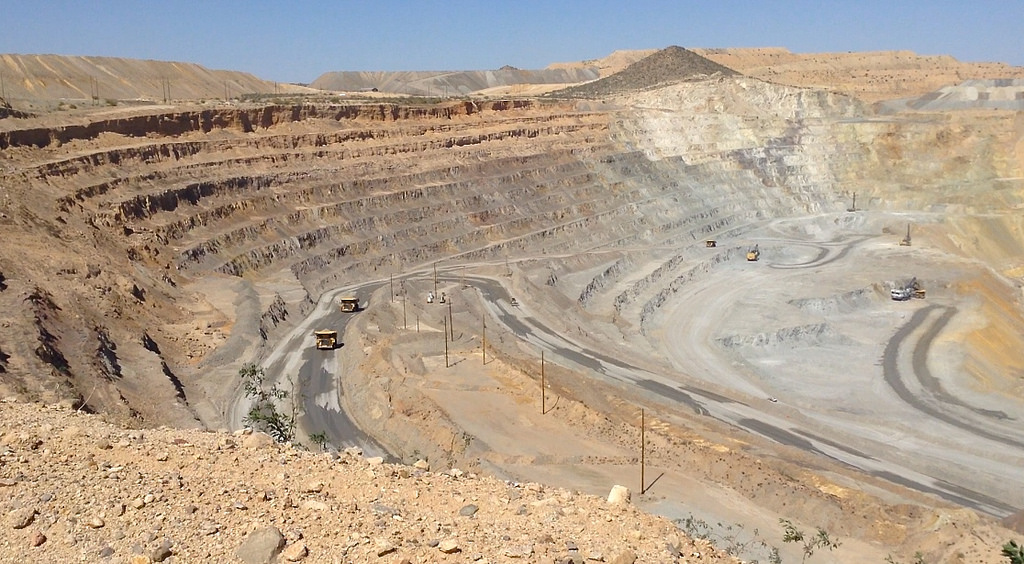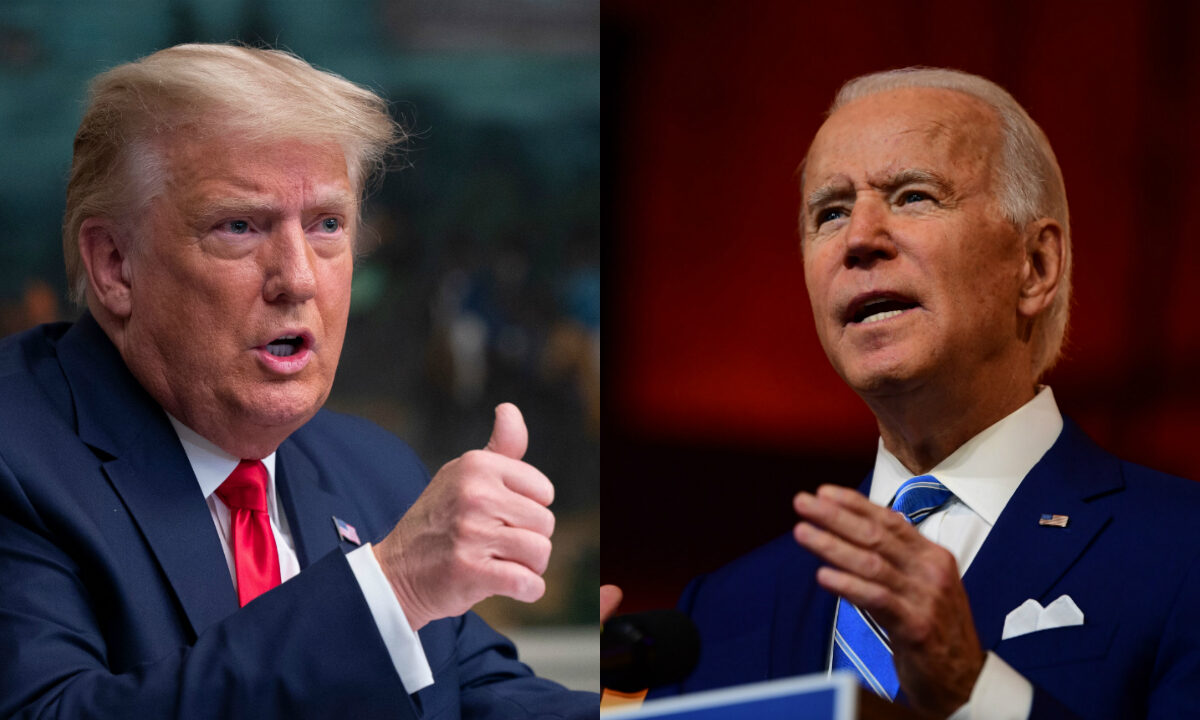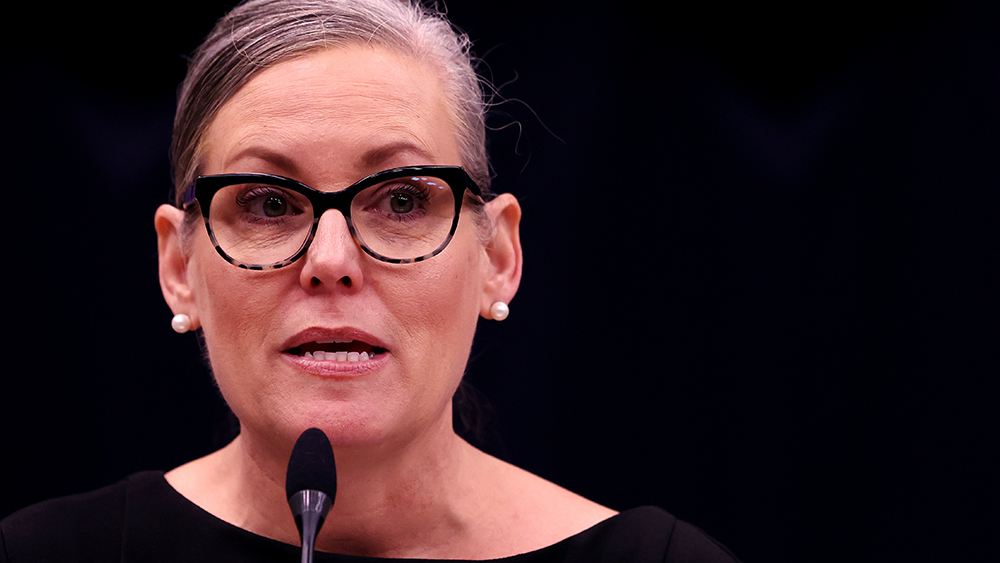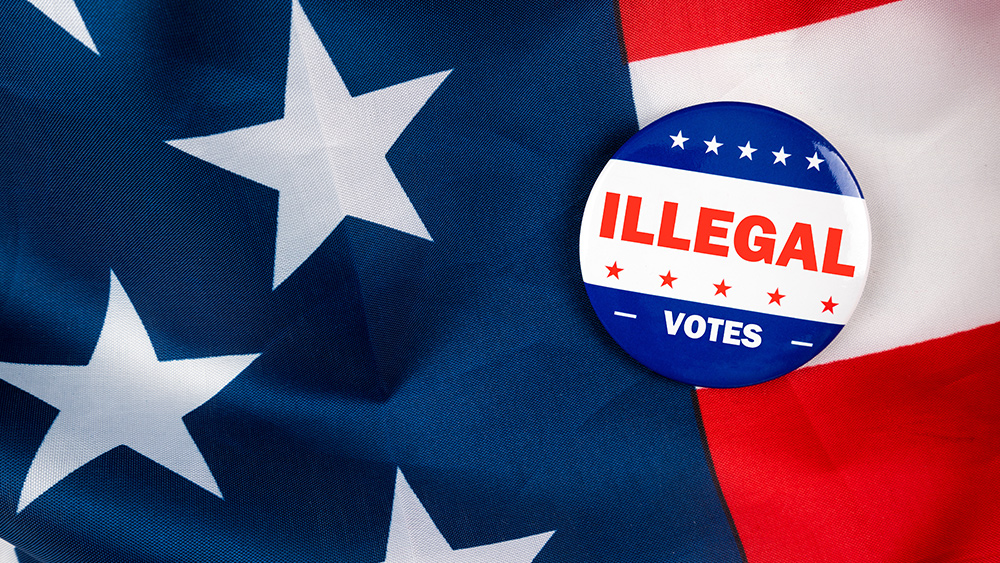
A government-backed push to mine lithium in western Arizona is compromising the ability of indigenous groups in the area to freely practice their religion.
Australian company Hawkstone Mining Ltd. has been conducting exploratory drilling in the Big Sandy River Valley under the auspices of the Bureau of Land Management (BLM). The valley is home to several sacred sites on public land, including culturally significant hot springs. But it also holds an enormous lithium deposit.
Lithium is an essential component of the batteries that power many electric vehicles and electronic devices. Listed as a critical mineral, it is needed to achieve the Biden administration's goal of replacing gas-powered cars with electric vehicles.
Currently, the U.S. has only one large-scale lithium mine, which is located in Silver Peak, Nevada. But more are on the way, with pundits expecting a lithium mining boom in the country in the near future.
In the Big Sandy River Valley, exploratory work had already begun a few years back. Ivan Bender, a member of the federally recognized Hualapai Tribe, recalled seeing men working on a hillside near the valley's Cholla Canyon Ranch four years ago.
"I asked them what they were doing," Bender told High Country News. "They told me they were drilling."
The company behind the drilling work is USA Lithium Ltd., now a subsidiary of Hawkstone. As part of its drilling operations, the company bulldozed a network of roads and drilled nearly 50 test wells more than 300 feet deep on the sacred landscape. But it did not inform the Hualapai Tribe that it was searching for lithium on nearby BLM land.
Bender is the caretaker of the ranch but it means so much more to him because it is home to Ha' Kamwe' – hot springs that are sacred to his tribe and known today as Cofer Hot Springs. The valley is also part of an ancient salt route that connects tribes from central Utah to communities in Baja, California and along the Pacific Coast. That route is documented in the songs and oral traditions of many indigenous nations.
"There are stories about that land and what it represents to the Hualapai Tribe," Bender said. "To me, it holds a really, really sacred valley of life in general."
The Hualapai Tribe also harvests native plant materials along the corridor of the Big Sandy River, which are used for making culturally important products such as cradle boards and drums, according to Richard Powskey, a Hualapai tribal council member who heads the Hualapai Department of Natural Resources. (Related: Is the Grand Canyon being put in danger by nearby uranium mining?)
Government overreach on ancestral lands
The Hualapai Tribe is trying to protect the valley from intensive mining operations, but indigenous groups in America exercise very limited control over their lands. This is influenced by landmark court rulings from the past, particularly the Supreme Court's verdict on the 1988 case "Lyng v. Northwest Indian Cemetery Protective Association."
The Supreme Court ruled that the Forest Service could widen a logging road in Northern California's Six Rivers National Forest, even though the road-widening project would completely destroy a region that was important to several indigenous religions. The court reasoned that though the area would be destroyed, the government's actions did not constitute an attempt to force tribal members to violate their religious beliefs.
That ruling tightened the government's control over the use of sacred sites on public land. "If the government is unwilling to accommodate an access for different native peoples so that they can practice their religion in those sacred sites, then it won't happen," said Stephanie Barclay, director of the University of Notre Dame's Religious Liberty Initiative.
The Hualapai Tribe is trying to have a say on how drilling and mining operations in the valley should be carried out. But the BLM has all but shut the group out of the discussion.
Though the agency invited the tribe to consult with it in June 2020 about Hawkstone's exploration plans, it later rejected the tribe's requests to be the coordinating unit on the project. It also dismissed suggestions to send a tribal leader to drilling areas and educate the agency about mining's impact on the environment. (Related: Fight to the death: Ancient Amazon tribe threatened by mining corporations isn't going down easily.)
This summer, Hawkstone is set to triple its drilling operations in the valley. The firm has mining rights on more than 5,000 acres of public land in Arizona for the project. And in the next few years, it plans to break ground on an open-pit mine and dig an underground slurry to pipe the ore 50 miles to a plant in Kingman, Arizona. There, it will use sulfuric acid to extract lithium.
Visit Environ.news for more about how lithium mining and the government's policies related to it affect communities in America.
Sources include:
Please contact us for more information.




















